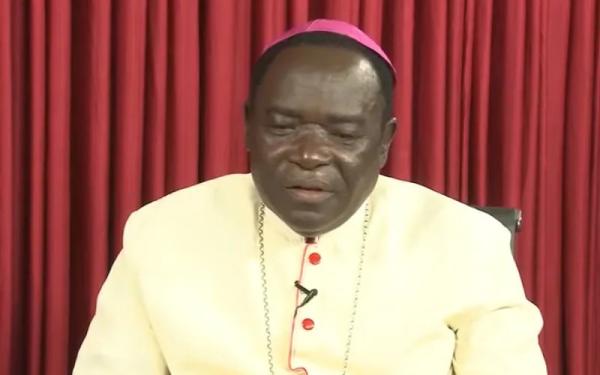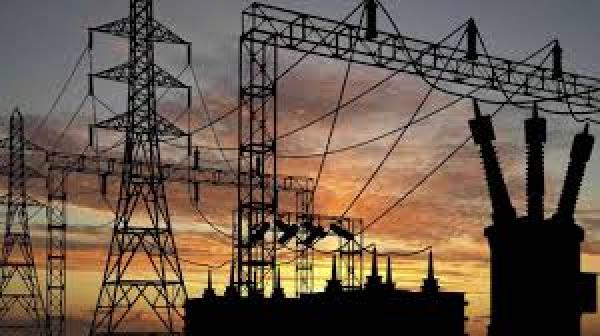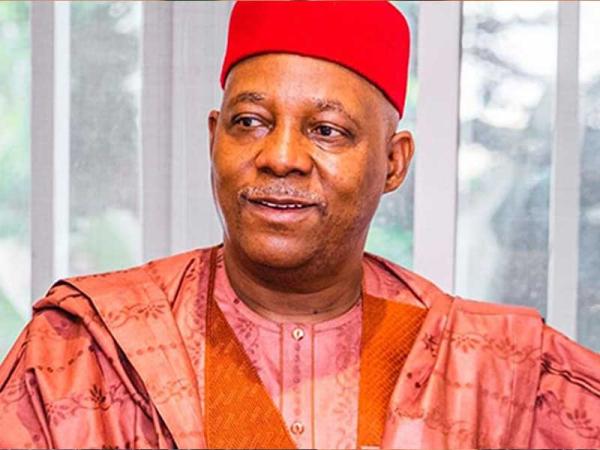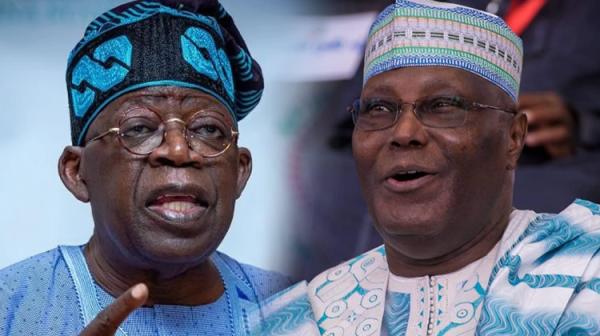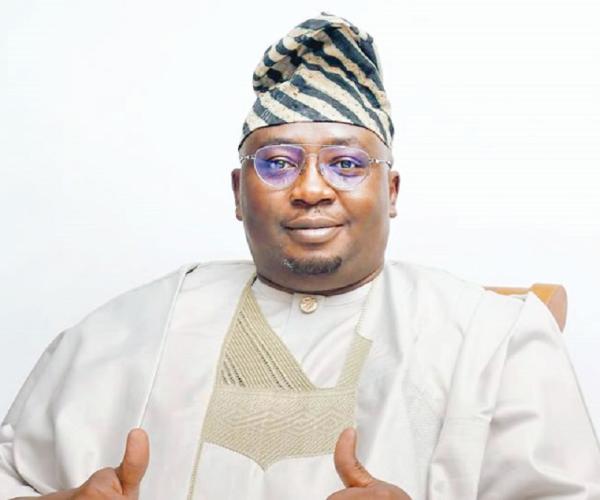
The Minister of Power, Adebayo Adelabu, has revealed that it took Nigeria nearly 40 years to increase its power generation by 2,000 megawatts from 2,000MW in 1984 to 4,000MW by 2022.
Adelabu said this feat has been achieved in less than two years of the current administration, with the country experiencing a remarkable surge in power generation, to an impressive 6003 megawatts.
Adelabu made this known when he was paid a courtesy visit by members of the Nigerian Society of Engineers, led by its President, Margret Oguntala, to discuss areas of collaboration between the NSE and the ministry.
A statement by the spokesman for the Minister of Power, Bolaji Tunji, on Wednesday, said the discussion further centred on strategic partnerships, mentorship opportunities, and the crucial role of NSE in providing technical advisory support to the ministry on power-related issues.
According to the minister, Nigeria should have moved past the engineering-related challenges, particularly in the power sector, given the number of engineers the country has produced.
While reviewing the activities of the Federal Government since the present administration took over, the minister noted that it took Nigeria nearly 40 years to increase from 2000 megawatts in 1984 to 4000 megawatts that Nigeria had as at 2022, adding that less than two years of the present administration, this has increased to 6003 megawatts.
He acknowledged that while the country was not yet where it should be, the progress demonstrated that President Bola Tinubu’s administration was committed to revitalizing the power sector.
“In 1984, the country generated 2000MW of electricity and this was not increased to 4000MW until about 40 years later, around 2022 or so.
“We are about two years now, but we have been able to increase it to 6000 megawatts and this can be attributed to the efforts of President Bola Ahmed Tinubu and the realisation of the importance of the sector as a major factor to galvanise the economy,” the minister said.
He therefore urged the society to take training seriously, encourage, and serve as role models for the younger generation, inspiring them to show greater interest in the profession.
He stressed the need for collaboration and a stronger working relationship between the Nigerian Society of Engineers and the Federal Ministry of Power, especially in addressing challenges facing the power sector, assuring his willingness to collaborate closely with the Society in tackling some of the challenges in the power sector.
He said, “Let me thank you and your executive members for your visit to me and to the Power Ministry. There is no way to separate the Power Ministry from the NSE because most of our works here are engineering-related, so there is a natural relationship between us. But the issue is that, has this relationship crystallised into mutual benefits? Has the ministry benefitted from the competence of the NSE members to impact the power infrastructure in the country in the supply of stable, functional, and reliable power?
“I want to challenge the body to let your activities impact the efficiency of the critical infrastructure of the ministry. In this, you must be seen to have lived up to your responsibility. We have so many engineers in Nigeria, yet our power infrastructure is still like this. NSE was established in 1958, that is about 67 years ago and yet we are still having grid collapse, so what are our engineers doing? Should it be like this? The answer is definitely, no.”
Adelabu also emphasised the importance of manpower development and training and enjoined the NSE to take it seriously.
He advised the NSE to focus on the challenges besetting infrastructural development, saying that such efforts to develop the country are the way to show patriotism and nationalism.
“It is a slight on us if we cannot address these challenges, so I am calling on your society to let us work together in addressing Nigeria’s problems, using your expertise. The ministry does not give jobs out without such a company being a member of your society. We are not like any other ministry or government agency, the power sector is unique. So, on our part, we are fulfilling our obligations to you, but you have not reciprocated this to us.
“I also want the NSE to take the issue of training very seriously. The profession needs constant training and retraining. We have a very vibrant training institute, the National Power Training Institute, that you can partner with in this aspect of training.
“Unfortunately, the issue of training has been relegated to the background. The last crop of our engineers that were trained were those from the old National Electric Power Authority. We must go back to that era of rigorous training of our engineers,” the statement added.
Also on manpower development and local capacity building, the minister called for collaboration with the Federal Government.
“We must be able to produce all the materials we need in our power sector locally. This will promote employment and patronage for our local industries and companies and help us to conserve our foreign exchange.
“You must also provide mentorship for the young ones coming behind you so that they can look up to you in the profession. In our younger days as accountants, we were always looking up and aspiring to be like the doyen of accountancy in the country, like Chief Akintola Williams, the Dafinones.
“So, you have a responsibility to provide that leadership to keep those coming behind you focused”, he said.
In her remarks, the NSE president promised that the body would take up the challenge by the Minister and assured of NSE’s commitment to contributing technical expertise toward improving Nigeria’s power sector, fostering innovation, and enhancing capacity development within the industry.












